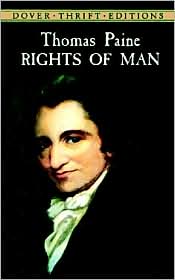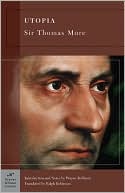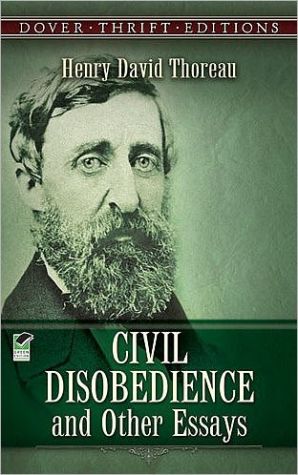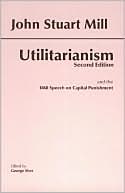Michel Foucault: Beyond Structuralism and Hermeneutics
This book, which Foucault himself has judged accurate, is the first to provide a sustained, coherent analysis of Foucault's work as a whole.\ To demonstrate the sense in which Foucault's work is beyond structuralism and hermeneutics, the authors unfold a careful, analytical exposition of his oeuvre. They argue that during the of Foucault's work became a sustained and largely successful effort to develop a new method—"interpretative analytics"—capable fo explaining both the logic of...
Search in google:
This book, which Foucault himself has judged accurate, is the first to provide a sustained, coherent analysis of Foucault's work as a whole. To demonstrate the sense in which Foucault's work is beyond structuralism and hermeneutics, the authors unfold a careful, analytical exposition of his oeuvre. They argue that during the of Foucault's work became a sustained and largely successful effort to develop a new method—"interpretative analytics"—capable fo explaining both the logic of structuralism's claim to be an objective science and the apparent validity of the hermeneutical counterclaim that the human sciences can proceed only by understanding the deepest meaning of the subject and his tradition. "There are many new secondary sources [on Foucault]. None surpass the book by Hubert Dreyfus and Paul Rabinow. . . . The American paperback edition contains Foucault's 'On the Genealogy of Ethics,' a lucid interview that is now our best source for seeing how he construed the whole project of the history of sexuality."—David Hoy, London Review of Books
Preface List of Abbreviations IntroductionPart I: The Illusion of Autonomous Discourse1. Practices and Discourse in Foucault's Early Writings The History of Madness The Archaeology of Medicine2. The Archaeology of the Human Sciences The Rise of Representation in the Classical Age Man and His Doubles: The Analytic of Finitude The Empirical and the Transcendental The Cogito and the Unthought The Retreat and Return of the Origin Conclusion to the Doubles3. Towards a Theory of Discursive Practice A Phenomenology to End All Phenomenologies Beyond Structuralism: From Conditions of Possibility to Conditions of Existence The Analysis of Discursive Formations Objects Enunciative Modalities The Formation of Concepts The Formation of Strategies Historical Transformation: Disorder as a Type of Order Discursive Strategies and the Social Background4. The Methodological Failure of Archaeology Explanatory Power Beyond Seriousness and Meaning Conclusion: Double TroublePart II: The Genealogy of the Modern Individual: The Interpretive Analytics of Power, Truth, and the Body5. Interpretive AnalyticsGenealogyHistory of the Present and Interpretive Analytics6. From the Repressive Hypothesis to Bio-PowerThe Repressive HypothesisBio-Power7. The Genealogy of the Modern Individual as ObjectThree Figures of PunishmentSovereign TortureHumanist ReformNormalizing DetentionDisciplinary TechnologyThe Objectifying Social Sciences8. The Genealogy of the Modern Individual as SubjectSex and Bio-PowerConfessional TechnologyThe Subjectifying Social Sciences9. Power and TruthPowerMeticulous Rituals of PowerParadigms and PracticesPower and TruthConclusionQuestionsTruthResistancePowerAfterword by Michael Foucault:The Subject and PowerWhy Study Power: The Question of the SubjectHow Is Power Exercised?Afterword (1983)1. On the Genealogy of Ethics: An Overview of Work in ProgressHistory of the ProjectWhy the Ancient World Was Not a Golden Age, but What We Can Learn from It AnywayThe Structure of Genealogical InterpretationFrom the Classical Self to the Modern Subject2. Foucault's Interpretive Analytic of EthicsMethodological RefinementsInterpretive DiagnosisGenealogyArcheologyNorms, Reasons, and Bio-PowerBeyond FoucaultIndex








